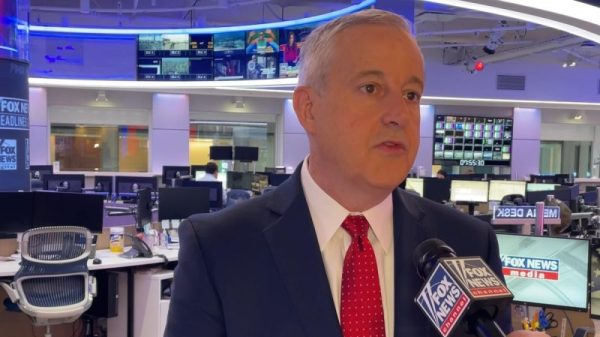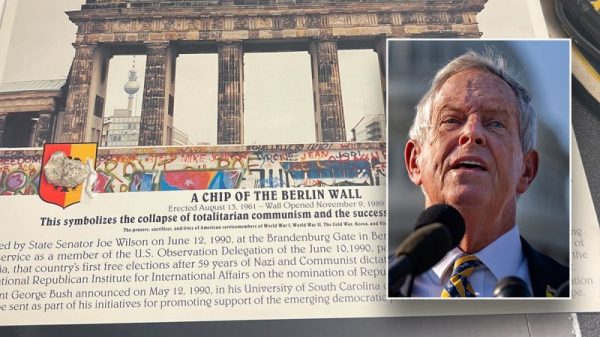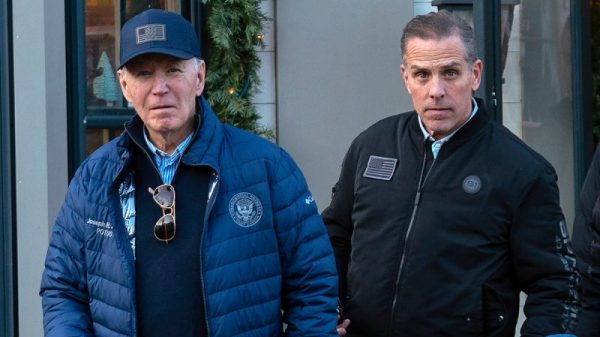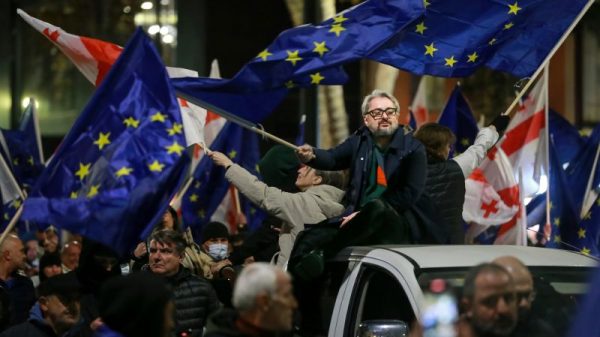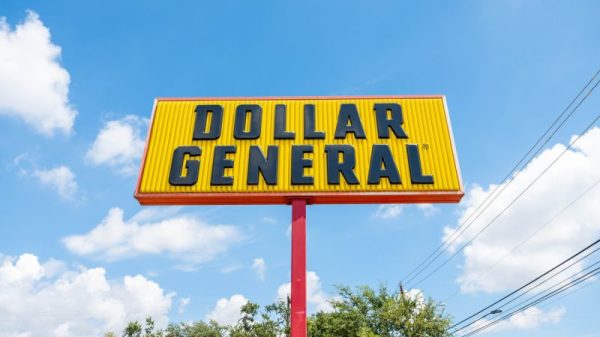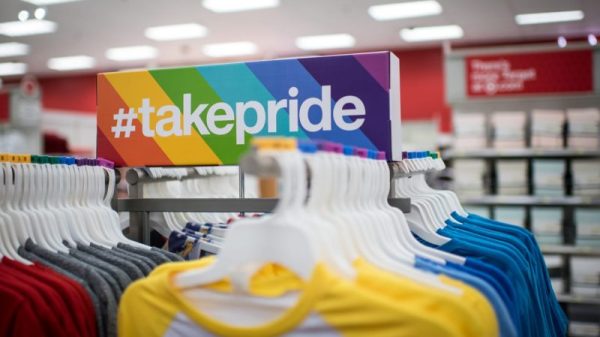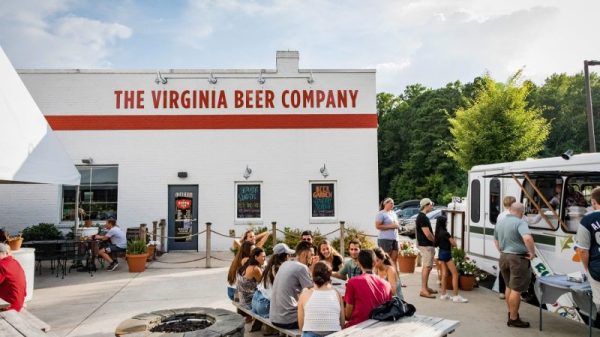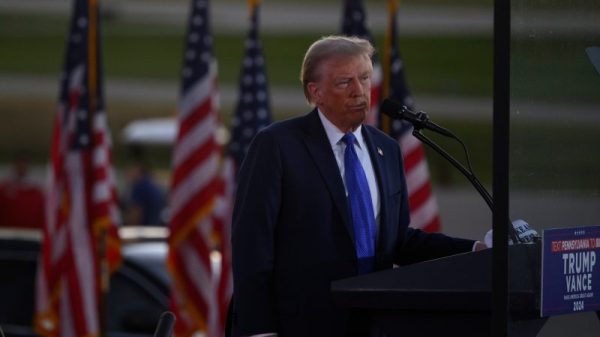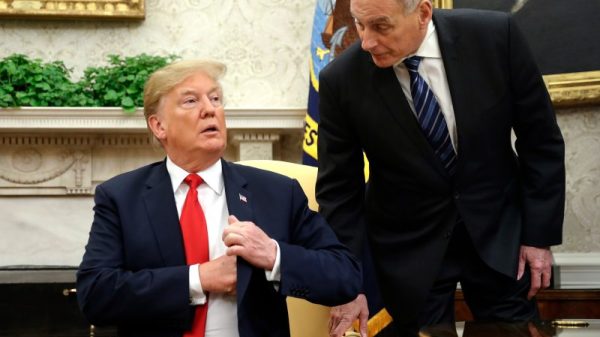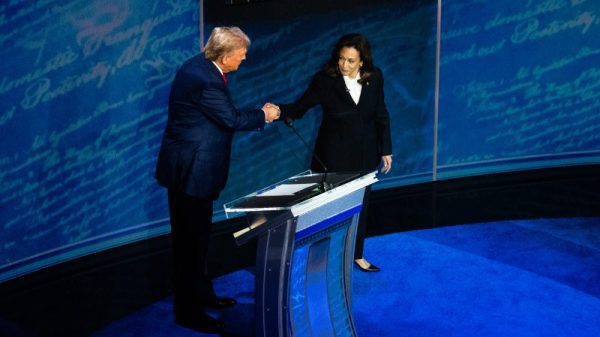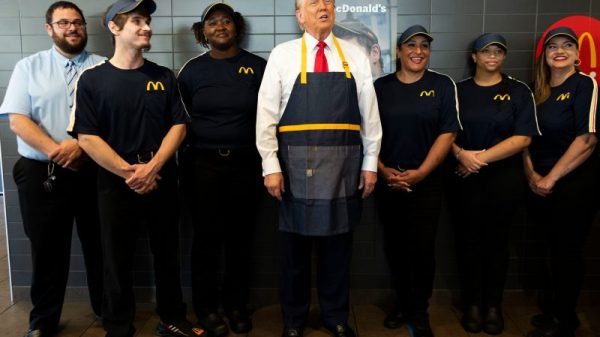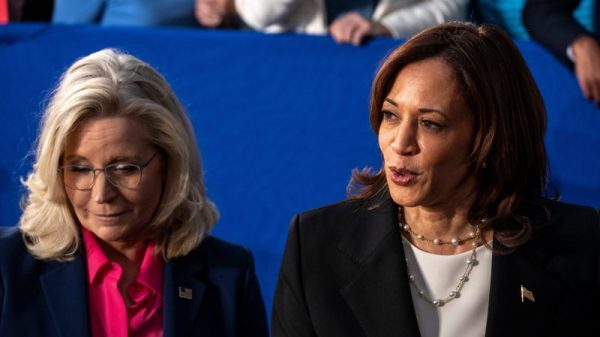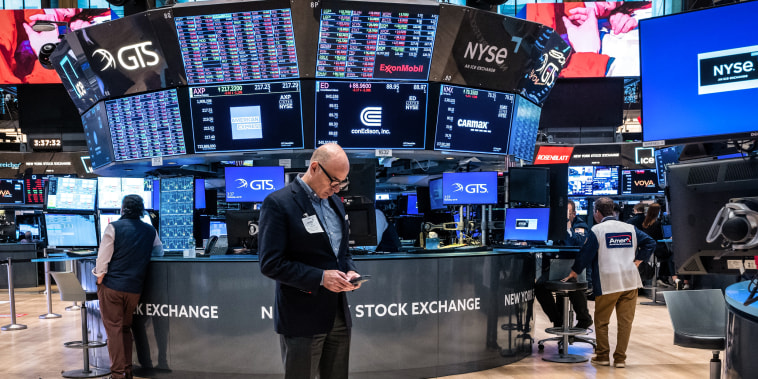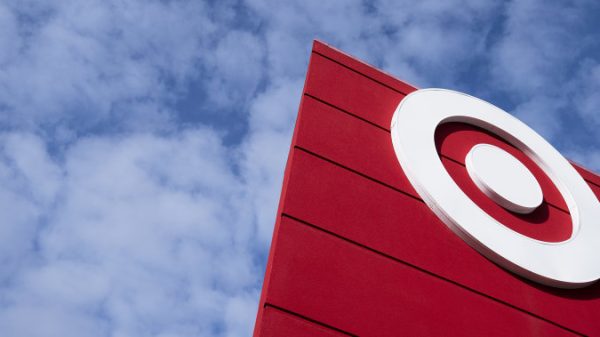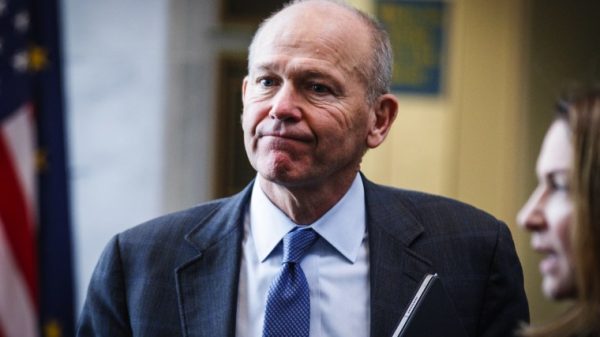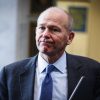 Yes, this trend of providing direct cash assistance to individuals and families in need is indeed growing across several cities in the United States and around the world. “Guaranteed income” or “Universal basic income” are terms often used to describe these programs. They aim to directly put money into the hands of people, thereby empowering them to make their own economic decisions and enhance their quality of life. It’s viewed as a potential solution to poverty reduction and economic stability.
Yes, this trend of providing direct cash assistance to individuals and families in need is indeed growing across several cities in the United States and around the world. “Guaranteed income” or “Universal basic income” are terms often used to describe these programs. They aim to directly put money into the hands of people, thereby empowering them to make their own economic decisions and enhance their quality of life. It’s viewed as a potential solution to poverty reduction and economic stability.
One of the most well-known examples in the U.S. is the Stockton Economic Empowerment Demonstration (SEED) in Stockton, California. This program provided $500 monthly with no strings attached for two years to 125 residents living below the city’s median income line. The program reportedly had positive outcomes, from full-time employment to less stress and increased school attendance.
Other cities implementing similar programs include Oakland, California, St. Paul, Minnesota, Compton, California, and many others. Even tech companies like Twitter are participating — Twitter’s CEO, Jack Dorsey, donated $3 million to a network of 30 mayors in the U.S. that are pursuing guaranteed income programs in their cities.
These programs are generally financed through philanthropy rather than taxes, which helps to mitigate potential concerns around fiscal responsibility, but discussions about long-term sustainability and broader implementation continue.
While it’s not a one-size-fits-all solution, the growth of these programs indicates a real shift in how we think about addressing poverty





